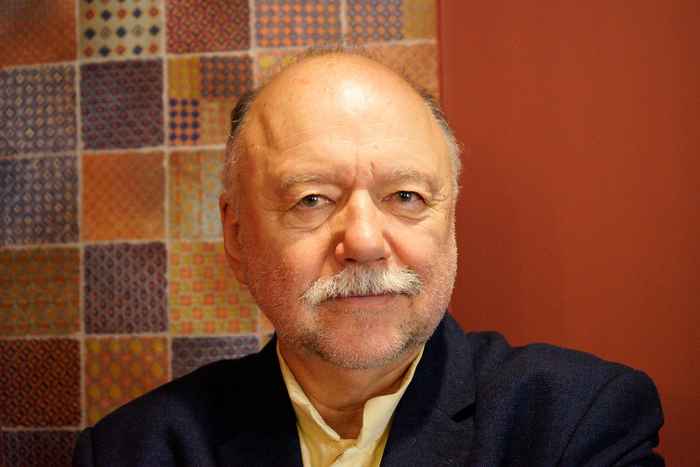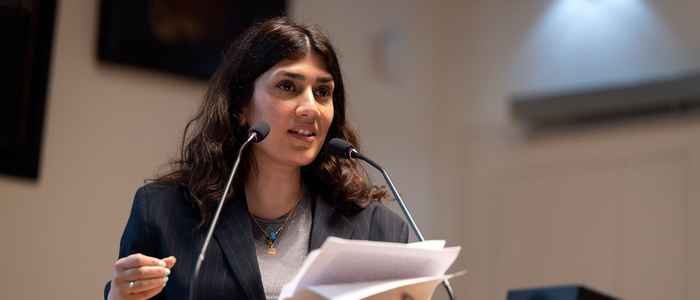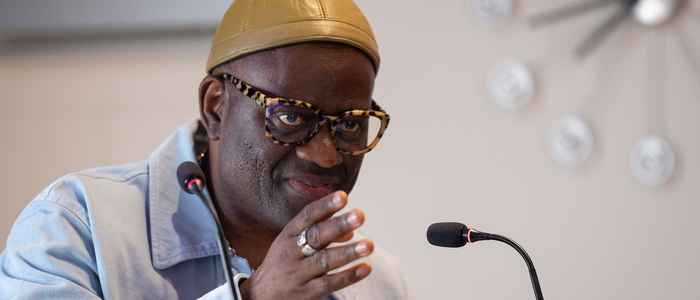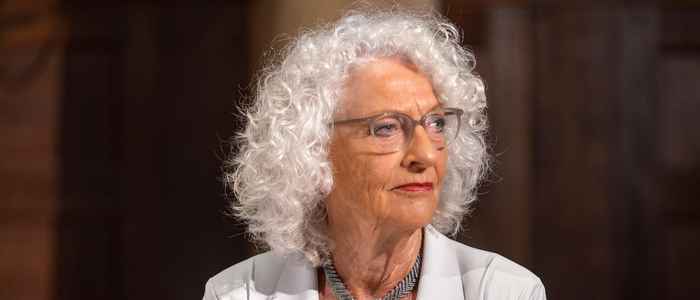The State of European Literature is an annual lecture delivered by a prominent author or poet of international renown about the state of literature and Europe from the perspective of literature.
Andrey Kurkov (1961), born in Russia, is a Ukrainian novelist who writes in Russian and Ukrainian. He is the author of over 20 novels and 10 books for children. His work is currently translated into 45 languages. His books are full of black humour, post-Soviet reality and elements of surrealism. Apart from fiction, Kurkov writes essays and diaries about the current situation in Ukraine and about the history and culture of the country. These essays and articles are regularly published in The Guardian, Financial Times, New Statesman, The Spectator and other media.
Unfinished books
In his lecture 'An Orchard of Unfinished Books', Kurkov will reflect on the following theme:
Where authors have become trees,
That no longer bear fruit.
How to cure wounded literature and bring life back to the orchard.
Famous unfinished books
Every dead author has a last book. It’s either finished or unfinished.
Books left unfinished due to natural causes are simply a good quest, some of them were finished by friends, relatives or fans, sometimes decades after the writer’s death.
Books left unfinished because the author was killed belong to a different category of unfinished books. They may remain unfinished forever, turning into monuments to the writer’s unjust death, while the absence of an ending can provoke more reflection than the text that was written before a bullet or a missile interrupted the writing process.
Each man and woman is a novel, every child is a story, each country is also a story or set of stories. These stories are happily or unhappily interacting and thus creating the reflection of what we are calling “life”.
Geopolitical story-telling – this is what Ukrainian writers are doing now. They are trying to explain the story of Ukraine and how, in Russia, Ukraine’s authentic story has stirred a desire to destroy its authors and, indeed, the story itself.










